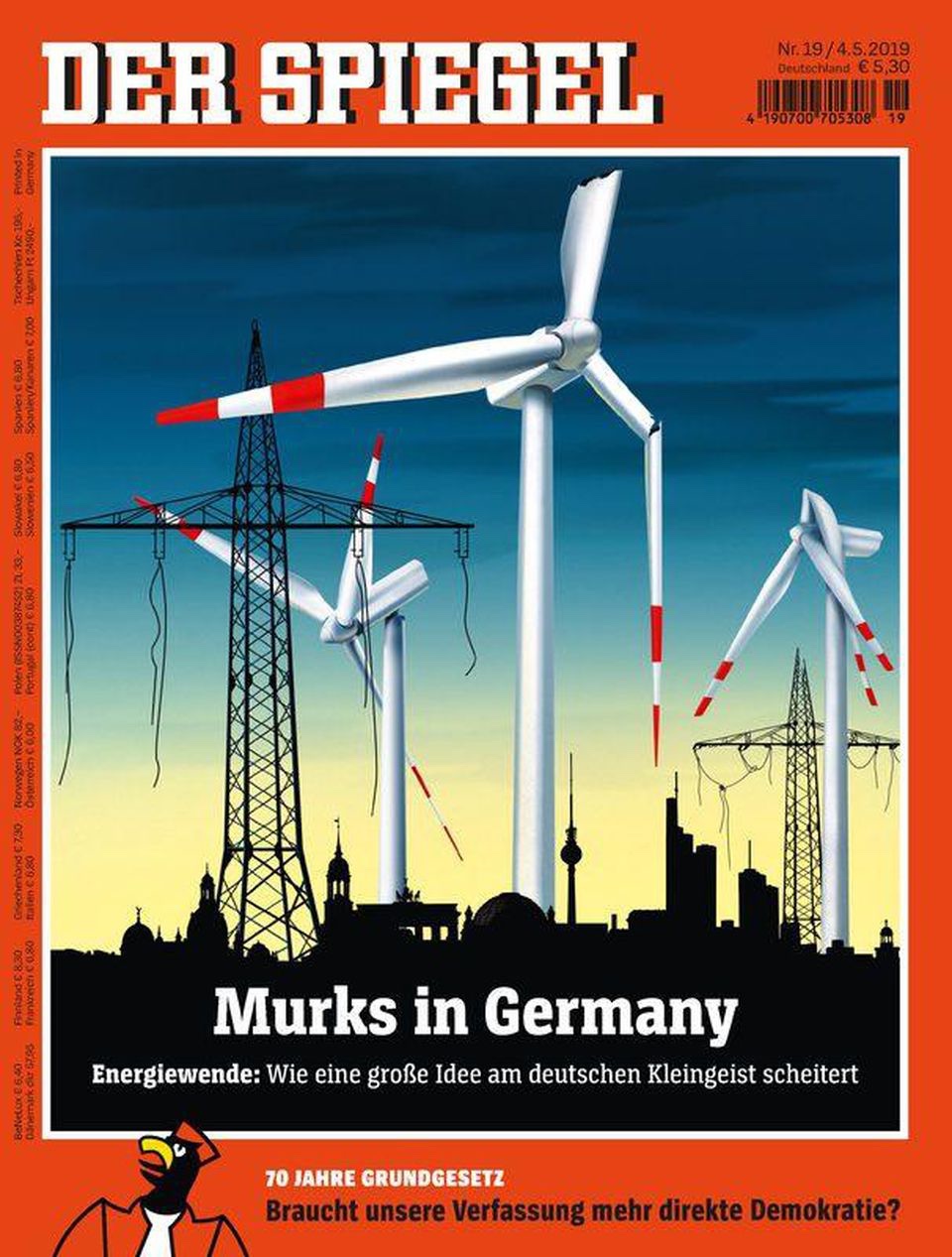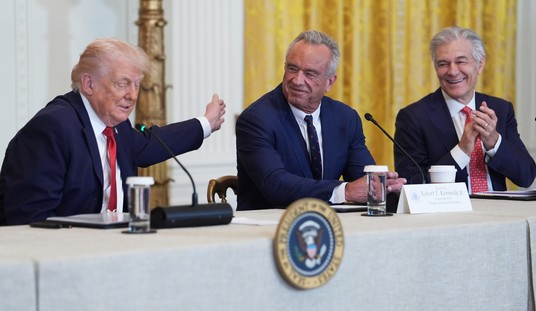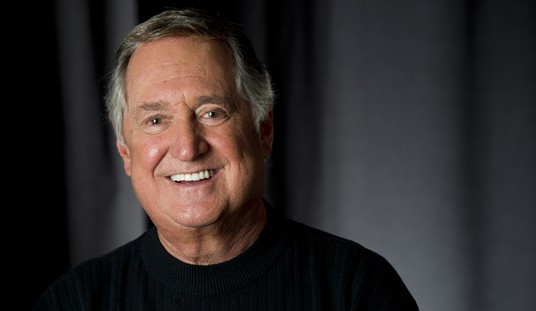
Today’s Climate Change strategy has shifted to target a more youthful demographic. Led by a job-killing freshman Congresswoman, a 16-year old Swedish girl with a TED talk and a foul-mouthed kids’ TV clown, the movement has abandoned preachy polemics for school strikes, shouting down the wisdom and experience of their elders. (During my active blogging days, we had to deal with the insufferable Al Gore. Maybe things have improved.)
[Sample conversation follows.]
Them: “We’ve got to do something now!”
Us: “Now?”
Them: “Yes, now, before it’s too late!! It’s our future!”
Us: “What should we do?”
Them: “The Green New Deal! Climate Justice! Leave it in the ground!! Something!!”
Us: “But what if we can’t get China and India on board?”
Them: “We’ve got to do something now!!”
Bill Nye: “Aren’t you listening, a******? The f****** planet is on fire.”
Us: “Oy, vey.”
The Do Something Now! Crowd are past masters at controlling the Climate Change narrative. Any pushback is predictably characterized as dangerous, selfish, and greedy, not to mention racist, anti-feminist, and anti-child. Conservative and skeptics “deny science” and are stuck in the past. Naturally.
Conservatives must resist this false narrative. It is a moral imperative of our time to make reasoned, rational policy decisions regarding our energy future. Those decisions necessarily involve considering all technologies, based on sound engineering and honest cost/benefit analyses. This is an adult responsibility; failure has a price measured not just in dollars, but in human lives.
Can we learn something from history, or even current events?
 Do Something Now! has already been implemented, and it is failing before our eyes. German policymakers first implemented Energiewende (“energy transition”), in 2010. They doubled down in 2011, in the wake of the Fukushima disaster, curtailing nuclear power generation and committing to shut it down altogether by 2022. All the features are there: the Smart Grid, offshore wind, subsidies for renewables…
Do Something Now! has already been implemented, and it is failing before our eyes. German policymakers first implemented Energiewende (“energy transition”), in 2010. They doubled down in 2011, in the wake of the Fukushima disaster, curtailing nuclear power generation and committing to shut it down altogether by 2022. All the features are there: the Smart Grid, offshore wind, subsidies for renewables…
Germany’s Federal Court of Auditors is … forthright about the failures. The shift to renewables, the federal auditors say, has cost at least 160 billion euros [$180 billion at 2019 exchange rates] in the last five years. Meanwhile, the expenditures “are in extreme disproportion to the results,” Federal Court of Auditors President Kay Scheller said last fall, although his assessment went largely unheard in the political arena. Scheller is even concerned that voters could soon lose all faith in the government because of this massive failure. (“German Failure on the Road to a Renewable Future”, Der Spiegel Online, May 13, 2019.)
Germany’s half-baked plans suffered a myriad of setbacks:
- Fearing voter backlash, politicians shunned ownership; 675 leaderless bureaucrats advance the Energiewende cause.
- Offshore wind is expensive to install, operate, and maintain. Who knew?
- The Chinese priced their solar panels low enough to drive out German competitors.
- German citizens have the same kind of NIMBY concerns as Americans.
- The bone-headed decision to ditch nuclear energy due to a nonexistent tsunami threat makes Germany as dependent on coal as ever, so they haven’t made progress on carbon emissions in years.
For the U.S. “no plan” turned out to be the best plan. We failed to ratify Kyoto, we backed out of the Paris Accords, we chose not to implement a carbon tax.
Yet today the U.S. is the star pupil, reducing carbon emissions ahead of any of the protocols’ goals, while at the same time enjoying a robust economy.
Economics is all about optimizing the use of limited resources. When resources are used suboptimally, or simply frittered away, people will suffer. Some people will die. [Credit to P.J. O’Rourke for first opening my eyes to this concept, probably in All the Trouble in the World (1994).]
Sticking to the narrative, the nightly news conveys the impact of higher “green” energy costs in terms foregoing some trivial middle-class luxury, like a grande chai latte per week. That may be the impact on people like you and me, but people on the economic margins face non-trivial economic choices.
A paper titled “Inexpensive Heating Reduces Winter Mortality” (pdf link), featured in a recent blog by Mark J. Perry of the American Enterprise Institute, brings the point home.
In the US, 17% of households spend more than 10% of their income on home energy. Heating is the largest component of annual home energy consumption, despite being used for only part of the year …
High heating costs impose a difficult trade-off on households: They have to keep their home uncomfortably cold to save on heating or forgo other spending to afford their high heating bill.
The paper’s authors statistically measured the impact of natural gas prices on winter mortality and concluded that cheaper natural gas in the U.S. translates to 11,000 fewer deaths per year due to respiratory disease and other cold-related causes.
Cheaper natural gas means greater wintertime comfort and better health for those in poverty, those on fixed incomes, pensioners, the elderly, the disabled. You know, the people that the Left claims to care about.
The Green New Deal, indeed most Climate Change proposals, promise higher costs for natural gas and other fossil fuels. Sorry, Grandma, but somebody has to sacrifice for climate justice, whatever that is.
Our economy is five times the size of Germany’s; a debacle of similar magnitude in the U.S. would flush away nearly $1 trillion. Could we learn from Energiewende and keep the transition minus the boondoggle? The Left will argue that the last guys that tried to Do Something Now! just blew the execution. Kinda like communism.
But the American political culture is even more diverse than Germany’s, making smooth adoption of such massive changes extremely unlikely. If any of the Green New Deal proposals for massive infrastructure changes were to pass, opposition to permits and construction projects will certainly be led by the very activists who are now vocal proponents of the Green New Deal.
Thanks for your passion, kids, but it’s best if our nation’s energy policy decisions are made by grownups; someone who knows a dekatherm from designer dungarees. If you’re open to the suggestions of an adult, don’t strike; stay in school. Math and science will help you understand the issues, but it’s most important that you learn to think independently. Practice being skeptical of those adults who push only one side of an issue, and be distrustful of their motives.
But do it before it’s too late. After all, it’s your future.












Join the conversation as a VIP Member